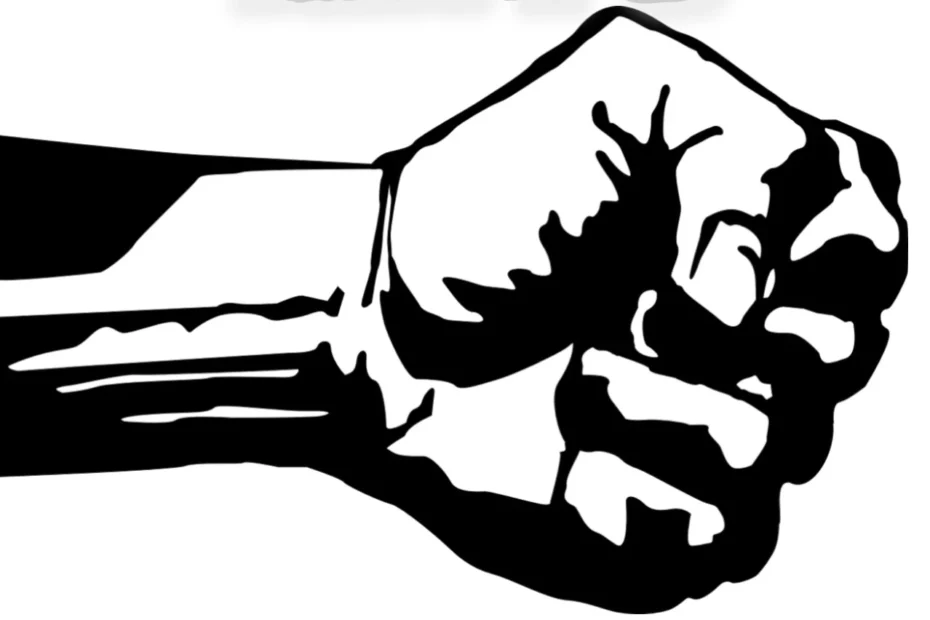In martial arts, high kicks are often seen as a benchmark of skill and athleticism. But why train high kicks? In this article, we’ll explore the benefits and importance of incorporating high kick training into your routine.
Table of Contents
The Dual Approach to Training
Effective high kick training involves a dual approach:
- Kicking at Different Heights: Practice kicking at higher and standard levels to develop range and precision.
- Targeted Practice: Focus on specific techniques to enhance flexibility, strength and speed.
Benefits of Training High Kicks for Low Kicks
Enhanced Speed
Training high kicks:
- Develops Fast-Twitch Fibers: Essential for explosive power.
- Improves Reaction Time: Faster neural responses enable quicker reactions.
Increased Power
High kick training:
- Builds Strength: Enhanced muscle development improves overall power.
- Enhances Kinetic Chain: Efficient energy transfer from core to extremities.
Better Control
Mastering high kicks:
- Improves Balance: Enhanced proprioception enables better stability.
- Enhances Coordination: Improved timing and spatial awareness.
The Relationship Between High Kicks and Low Kicks
High kicks and low kicks may seem like distinct techniques, but they share a symbiotic relationship:
Increased Speed for Low Kicks
Training high kicks develops:
- Muscle Memory: Repetitive practice creates efficient movement patterns.
- Neural Adaptations: Enhanced neuromuscular connections improve reaction time.
- Power Generation: Increased strength and flexibility enable faster execution.
These adaptations translate to low kicks, allowing practitioners to deliver quicker, more powerful strikes.
Muscle Fiber Length and Speed
High kick training increases:
- Muscle Fiber Length: Longer fibers enable faster contractions.
- Muscle Fiber Recruitment: More fibers are activated, enhancing overall strength.
This increased muscle fiber length and recruitment contribute to:
- Faster Contraction Times: Enabling quicker low kicks.
- Increased Power Output: More forceful strikes.
Speed Through Technique
Training high kicks helps develop the ability to execute quicker, lower kicks by:
- Building Muscle Memory: Repetitive practice creates efficient movement patterns.
- Increasing Agility: Higher difficulty levels improve overall athleticism.
Benefits of High Kick Training
Improved Flexibility
Consistent high kick training:
- Stretches Hip Flexors: Enhances range of motion.
- Strengthens Hamstrings: Improves overall lower body strength.
Enhanced Speed
Building strength through high-kick practice:
- Enables Faster Execution: At lower heights.
- Develops Explosive Power: Essential for effective kicking.
Greater Control
Mastering high kicks:
- Improves Overall Control: In various kicking forms.
- Enhances Precision: Critical for effective technique.
Conclusion
Training high kicks isn’t just about reaching higher; it’s a strategy to build speed, power and flexibility. By incorporating high kicks into your martial arts training, you’ll:
- Improve Performance: In various kicking forms.
- Enhance Athleticism: Through increased flexibility, speed and control.
- Develop a Well-Rounded Skillset: Essential for any martial artist.
Watch the Video
Watch on YouTube: Kicks Are A Secret Weapon https://youtube.com/shorts/Nok_aQSUEC9
